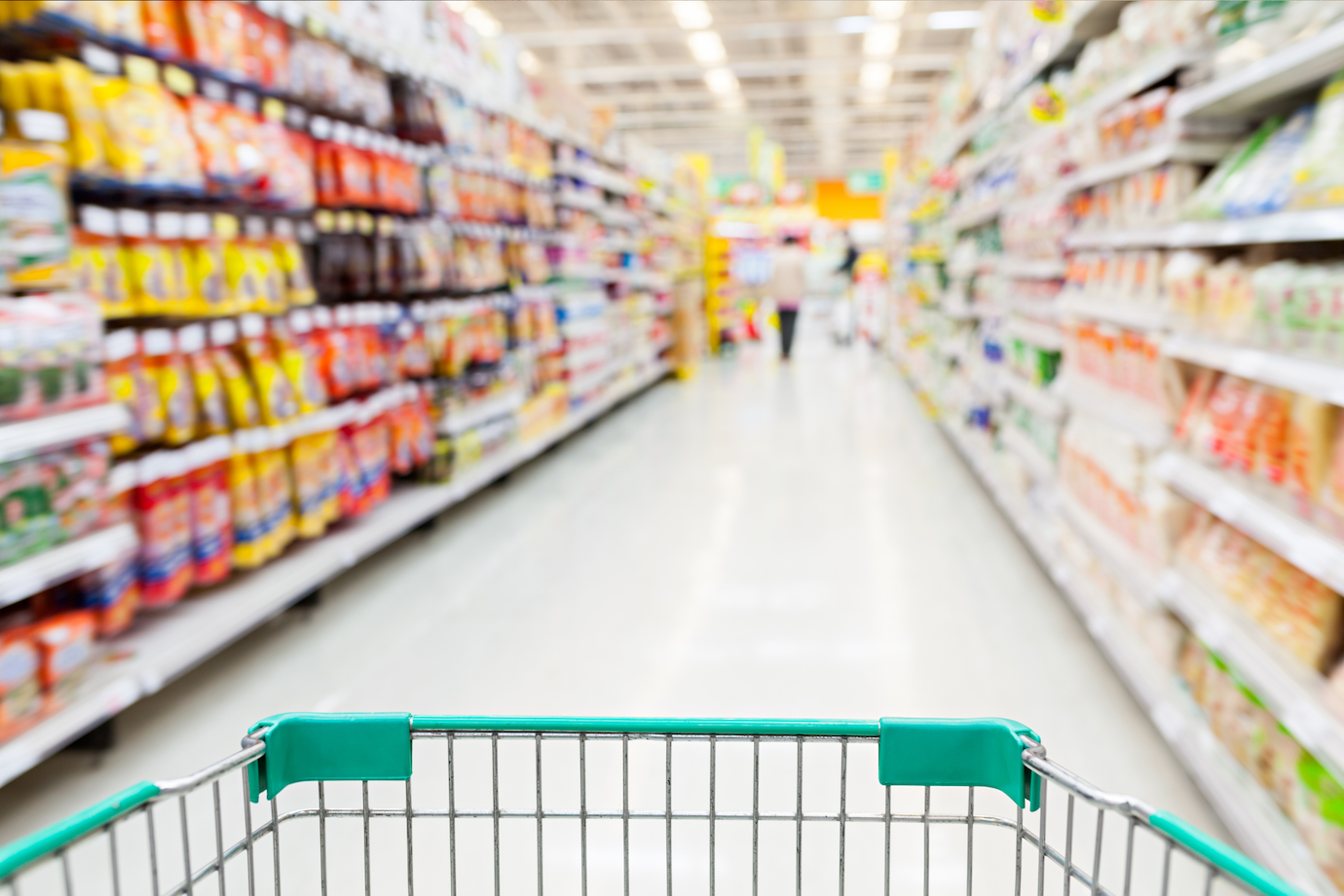Due to low profit margins, supermarkets have long utilised data analytics to ensure that their bottom line is met. One such use is through the strict inventory management at store level to negate food waste, high storage costs and maintain product availability: an important factor in customer retention. If a particular brand of chocolates are consistently sold out, sales may be boosted by increasing the stock on shelves as the product is clearly popular. As such, this level of data analysis on inventory is widely regarded within the industry as an investment, not an expense.
Data and energy
However, in recent years, one happy side effect of using data analytics to drive business growth within the industry is that companies are shifting towards a more sustainable and eco-friendly operational structure.
According to the IEA, the food retail sector accounts for 2% of energy use globally, with the majority of this sourced from unsustainable non-renewable sources. Post the global pandemic, the world has been plunged into an energy shortage that has seen the cost of energy skyrocket. This is where data analytics comes in.
Supermarkets are increasingly using IoT monitoring systems to derive the perfect temperature for refrigeration that maintains the freshness of certain foods while minimising energy costs by minimising energy use. This can only be seen as a win for our environment.
Data and food waste
Data is not only used as a tool to ward of the perils of high energy use, it has also long been used to minimise food waste, a pervasive problem in the food retail industry. According to a study published by the UK government, in 2019, 10.2 million tonnes of food is wasted per year at retail level. Not only does this incur additional costs for stores, waste food also contributes heavily to global warming through the release of methane and other greenhouse gasses during decomposition.
Stores continuously collect data on how much food is sold versus how much is wasted to gather insights into how they can minimise this waste. One popular supermarket known for its freshly baked goods also uses a special algorithm that considers how many items were sold on a particular day in past years, how many items were sold in the past week, the location of the store and the type of item to create a specialist plan for each store that predicts how many of each baked good will be sold in a day and thus how much should be baked daily.
This is done to minimise the amount of waste produced each day, reduce operational costs and improve sustainability.
An independent study commissioned by SmartestEnergy revealed that 4 out of 5 people describe themselves as likely to choose a brand with a positive approach to environmental sustainability. Food retailers have successfully managed to incorporate sustainability into every level of their operations, this can only help to improve customer relations and is a benefit to our environment. This is all made possible through data.




